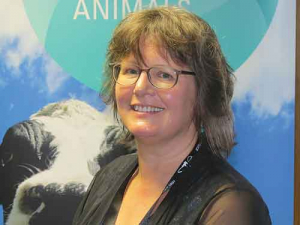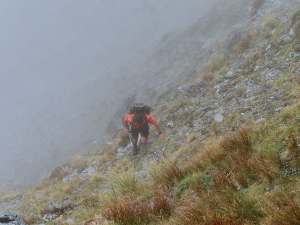Leptospirosis is still severely under-reported, says a researcher of the disease.
Dr Jackie Benschop, from Massey University, says this is despite lepto causing illness and death in animals, resulting in lost production.
The spotlight came on lepto last week at the International Leptospirosis Society five-day conference in Palmerston North, attended by about 200 people attended from 34 countries. Benschop was among the speakers.
She says one cause of under-reporting is that in the case of extensively farmed animals, farmers expect some losses due to abortion and don’t necessarily determine the true cause. Only when there is a big outbreak or abortion storm is leptospirosis is recognised.
“The treatment of animals sick with lepto is fairly standard. Leptospirosis is a bacterium that responds well to penicillin.
“We also have good vaccines that work for the strains of lepto we have, so it’s very much a case of prevention rather than treatment. We know 97 - 99% of our dairy herds are vaccinated but it is not the same for sheep and beef.”
Young stock must be vaccinated early, before they come across the bug in the natural environment, Benschop says.
“We vaccinate cattle because some strains can cause illness and abortion in cattle. We have seen outbreaks in humans on a dairy farm where the cattle have a hot recent infection of Hardjobovis, and though the humans got sick the cattle did not. They carried their pregnancies right through with no ill effects.”
Benschop says as farming systems change, new animals are introduced and existing ones produce different products, the incidence of leptospirosis needs to be watched closely. She cites sheep milking as an example of such a change. The environment in a sheep milking shed is similar to that in a cow shed where there is a risk of contamination from lepto via the urine of the animal with the disease.
The same applies where animals are intensively farmed, making transmission of the disease more likely.
“An interesting thing for us at the moment is the outbreak in alpacas, which is a new and emerging species,” she says.
This is highlighted by changes in regard to leptospirosis over the last 30 or so years. Back then it was by and large a dairy disease and found in meat works. Today it affects all animals, hence the need for greater awareness.
Now the disease has spread wider than farms, infecting rural people not working on farms. Benschop attributes this to the disease spreading during floods; this and other changes require new avenues of research.










